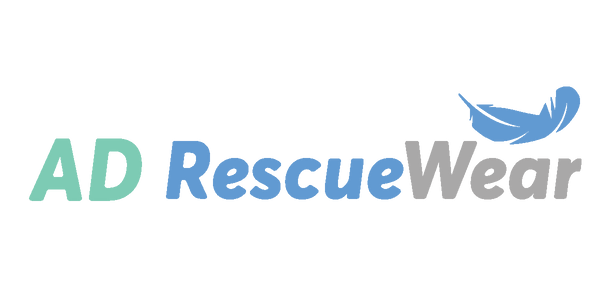Dr. Frank J Lichtenberger MD, PhD
Breast-feeding: Possible source of early food allergen exposure.

Food allergy is a major driving factor in the development of pediatric atopic dermatitis/eczema. It has been puzzling that some infants who are exclusively breast-fed can develop food allergen-driven atopic dermatitis/eczema prior to the expansion of their diet. Prior to 2015, the Allergy Community knew that peanut, egg, and milk allergens were detectable in human breast milk within 10-60 minutes after the mother ate them. Many of these proteins were undigested, and were just as allergenic as the regular food. While these 3 foods (peanut, cow's milk, egg) represent the vast majority of infant food allergy, we did not know how much allergy protein actually gets into the milk, or if other food allergens potentially were detectable in breast milk.
Food allergy scientists in Spain last year developed an assay that was able to detect the quantity of proteins of the major food allergens (beta-lactalbumin casein, peanut, egg), as well as minor food allergens including wheat (gliadin), fish, mustard and peach. They looked at the breast milk of 14 different women on a similar diet, and found that between the sampled milks there were large differences in the amount of food allergy protein secreted in breast milk. Some women’s milk had almost undetectable food allergens, while others had relatively large amounts of allergen. We do not know how much protein is required to cause an allergic reaction, and this study was very sensitive and detected very small amounts of protein.
This was an exploratory study, and is not meant to change clinical practice or dietary habits of anyone. There is no cause for any breast-feeding mothers to change their diet. But it does confirm that breast milk can be a potential source of food allergens, and this might be important in only a very small amount of people. In my practice, I rarely see atopic dermatitis in exclusively breast fed infants, but will often have breast-feeding mothers avoid cow's milk and peanut if I believe these are contributing to their child's atopic dermatitis/eczema.
This is a topic that I follow very closely, and will continue to update as new exciting scientific discoveries emerge.
Dr. Frank J Lichtenberger MD, PhD
Medical Director at AD RescueWear - Rescue Your Child's Eczema Skin
Board Certified: Internal Medicine, Allergy/Immunology
Reference: Pastor-Vargas, C., Maroto, A.S., Diaz-Perales, A., Villaba M., Casillas Diaz, N., Vivanco F., Cuesta-Herranz, J. Allergy 70 (2015) 1024-1027

